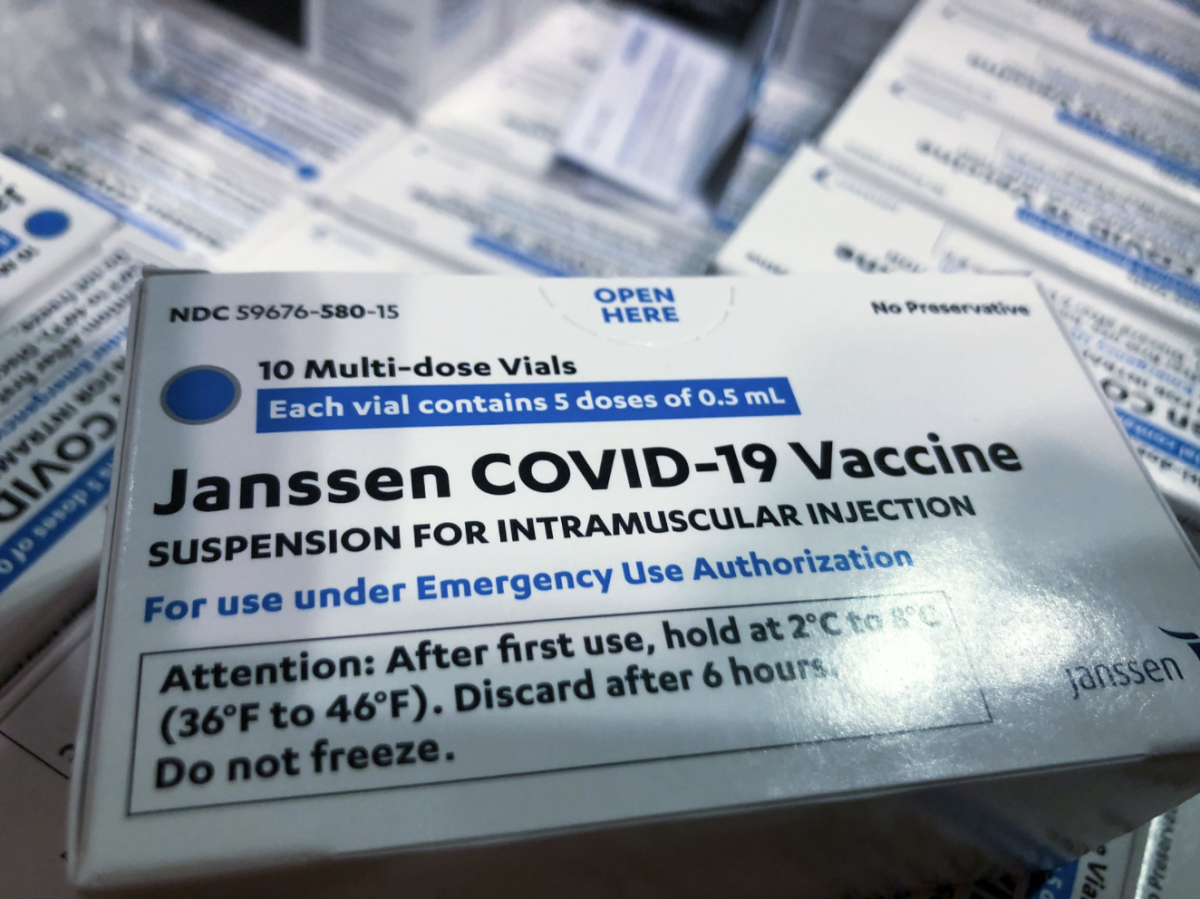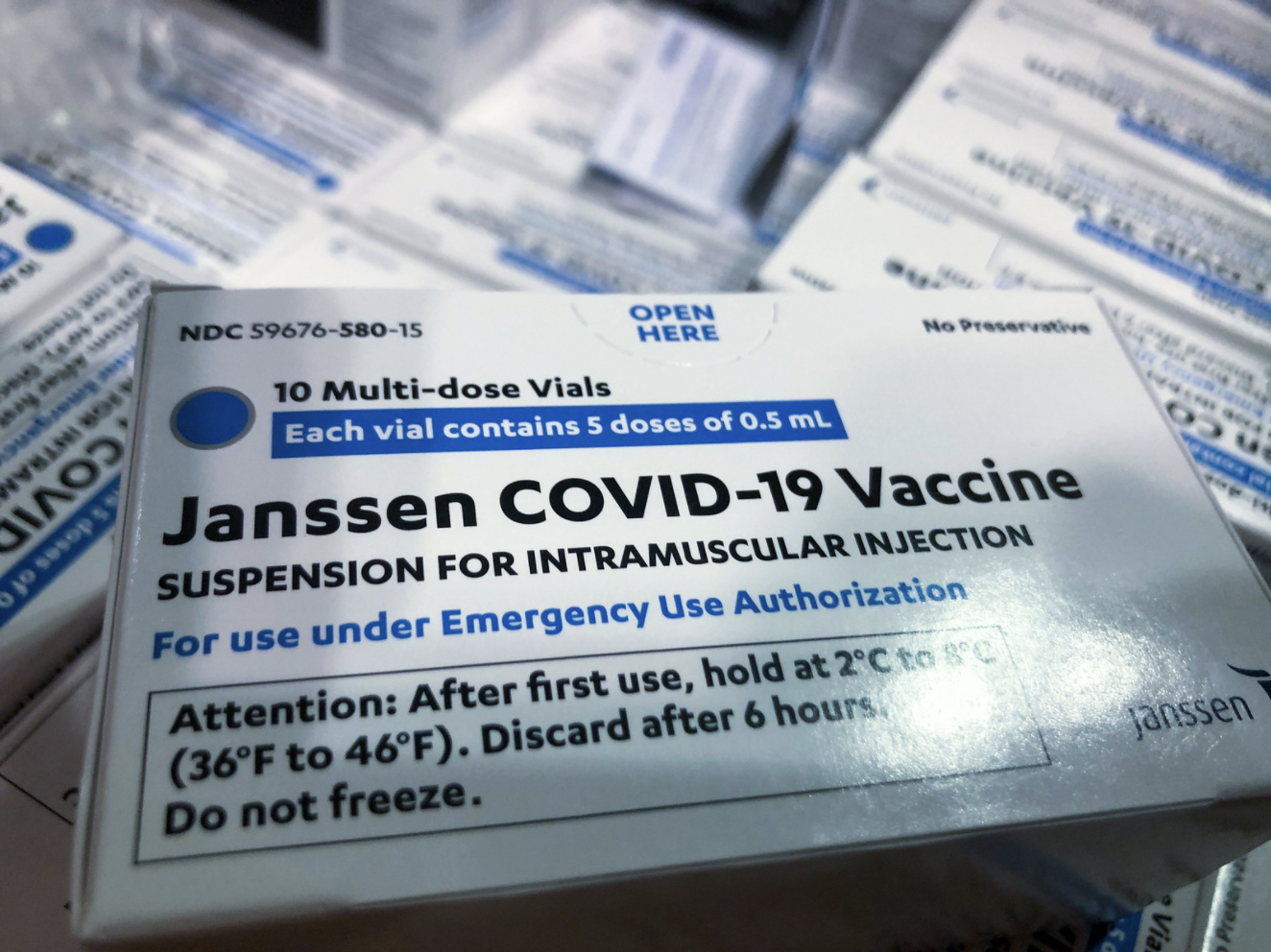The United States paused distribution of the Johnson & Johnson COVID-19 after six women who received it said that after the vaccine, they developed a rare blood clotting disorder. Though approximately 7 million people have received the Johnson & Johnson vaccine, and the blood clot disorder is considered extremely rare, officials from the CDC felt it would be prudent to take precautions and assess the issue before continuing. The pause was initiated on April 13, according to the CDC, though it may have taken effect at later dates, depending on the region.
Of the six known blood clot cases, all were in white women between the ages of 18 and 48 years old, according to data from ABC News. One woman has been discharged from the hospital already, five are hospitalized with two in the intensive care unit, and one woman has died. It is unknown whether or not the Johnson & Johnson vaccine directly caused the blood clots, though it seems to have at least played a role in the development.
The pause should not last indefinitely, according to Dr. Anthony Fauci.
“I believe that this is going to take days to weeks, as opposed to days to months,” Fauci said in an interview on NBC News.
He added that he thinks the pause, “…is not something that is going to drag out,” and was done, “…out of an abundance of caution.”
In fact, officials worry that the pause will cause undue harm to the reputation of the Johnson & Johnson vaccine, which has otherwise been an extraordinarily beneficial development for the fight against COVID-19.
Before the pause, 52% of Americans said they viewed the Johnson & Johnson vaccine as safe, a reasonable number considering many Americans have expressed reservations about receiving any COVID-19 vaccine.
Since the pause, the level of public confidence in the Johnson & Johnson vaccine dropped to only 37%, with 39% of those polled saying that they think the vaccine is “unsafe,” according to a public poll from The Economist and YouGov.
Virginia Governor Ralph Northam feels that people may be overreacting. The vaccine, after all, has so far been safe for millions of people, and the link between blood clots and the vaccine is still disputed.
“I took the J&J, a lot of my staff did. The number of individuals that had these issues is a small number. Close to seven million doses of J&J have been given. So we’re going to rely on the guidance of the CDC and the FDA. They will obviously investigate this,” Northam said in an effort to dispel public concerns.
Sonoma County issued a statement on the vaccine pause as well, reminding residents to have patience.
“While the immediate impacts of this delay may be minimal in our area, we recognize that this will make finding vaccination appointments all the more difficult particularly at a time when eligibility will be opening up to everyone age 16 and over starting on Thursday,” Dr. Urmila Shende said on behalf of the county.
Shende also noted that Sonoma County was handling the pause well.
“The County is supporting a drive-through clinic today at the Santa Rosa Veterans Memorial Building that was scheduled to administer J&J vaccines to about 100 people,” Shende announced, “Our health team was able to quickly switch gears this morning, and that clinic was allowed to go forward as scheduled using the Moderna vaccine instead.”
But not everyone is able to swap their Johnson & Johnson vaccine appointment out for another approved vaccine. Some Americans worry that since the blood clot cases are quite literally one-in-a-million, we should not be halting doses at a time when COVID-19 cases are rising once more.
While the pause seems to have come at the most inopportune moment possible, with rising case numbers and soaring demands from increased adult eligibility, it will soon be behind us. The pause is the result of an abundance of caution, and is a clear sign that health officials are working their hardest to make sure everything is safe.




































